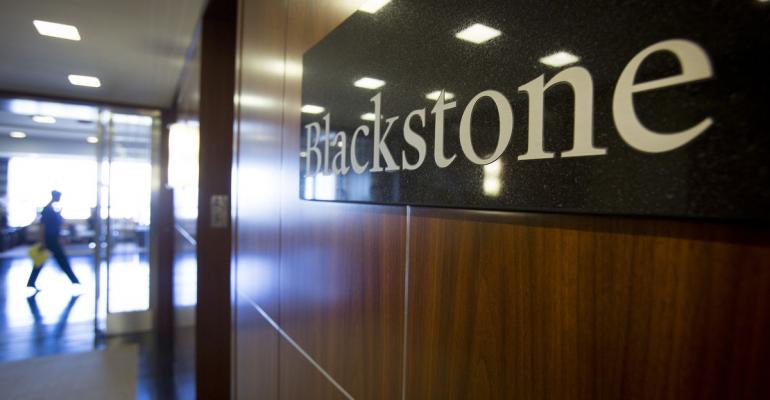(Bloomberg) — Blackstone Group LP, the world’s biggest private equity fund, told investors to dial back their expectations for property returns as the “great run” of the past five years becomes harder to replicate.
Investors should “calibrate” their expectations,” Chris Heady, Asia Pacific chairman and head of Asian real estate, told a conference in Singapore on Tuesday. “They’re probably going to be lower over the next five years.”
At the same event, Singapore’s sovereign fund GIC Pte, an investor in world real estate from student housing to logistics, said that elevated prices were constraining its investment as it sold assets that had gained in value.
Investors worldwide struggled to find high returns in the wake of the global financial crisis amid interest rates languishing near record lows and bouts of elevated volatility in the stock and bond markets. While property offered an alternative, higher real-estate prices in places such as Hong Kong, London and New York dim the allure.
Blackstone had $102 billion of real estate under management in the first quarter after taking advantage of high valuations by exiting assets including $6.7 billion of property. That included parting with a 25 percent stake in Hilton Worldwide Holdings Inc., real estate in London, office properties in Sydney and Japanese residential real estate.
Global Clout
GIC, which invests Singapore’s foreign reserves, is one of the biggest real-estate owners among sovereign wealth funds. It this year partnered with Canada Pension Plan Investment Board and U.S. real-estate operator Scion Group LLC to invest in a $1.6 billion portfolio of student housing in the U.S.
Lee Kok Sun, GIC’s managing director and chief investment officer for real estate, told the Singapore forum that about 7 percent of GIC’s portfolio had been in real estate, less than the targeted allocation of 9 percent to 13 percent.
As a “disciplined investor,” GIC sold some assets that increased in value. But selling properties while trying to raise the allocation was like running “faster and faster” on a treadmill, he told the Asia Pacific Real Estate Association event.
GIC said in July that a key measure of returns across asset classes fell to 4 percent in the 20-year period ended March 31, 2016.
To contact the reporters on this story: Joyce Koh in Singapore at [email protected] ;Pooja Thakur in Singapore at [email protected] To contact the editors responsible for this story: Sree Vidya Bhaktavatsalam at [email protected] Paul Panckhurst
© 2017 Bloomberg L.P

